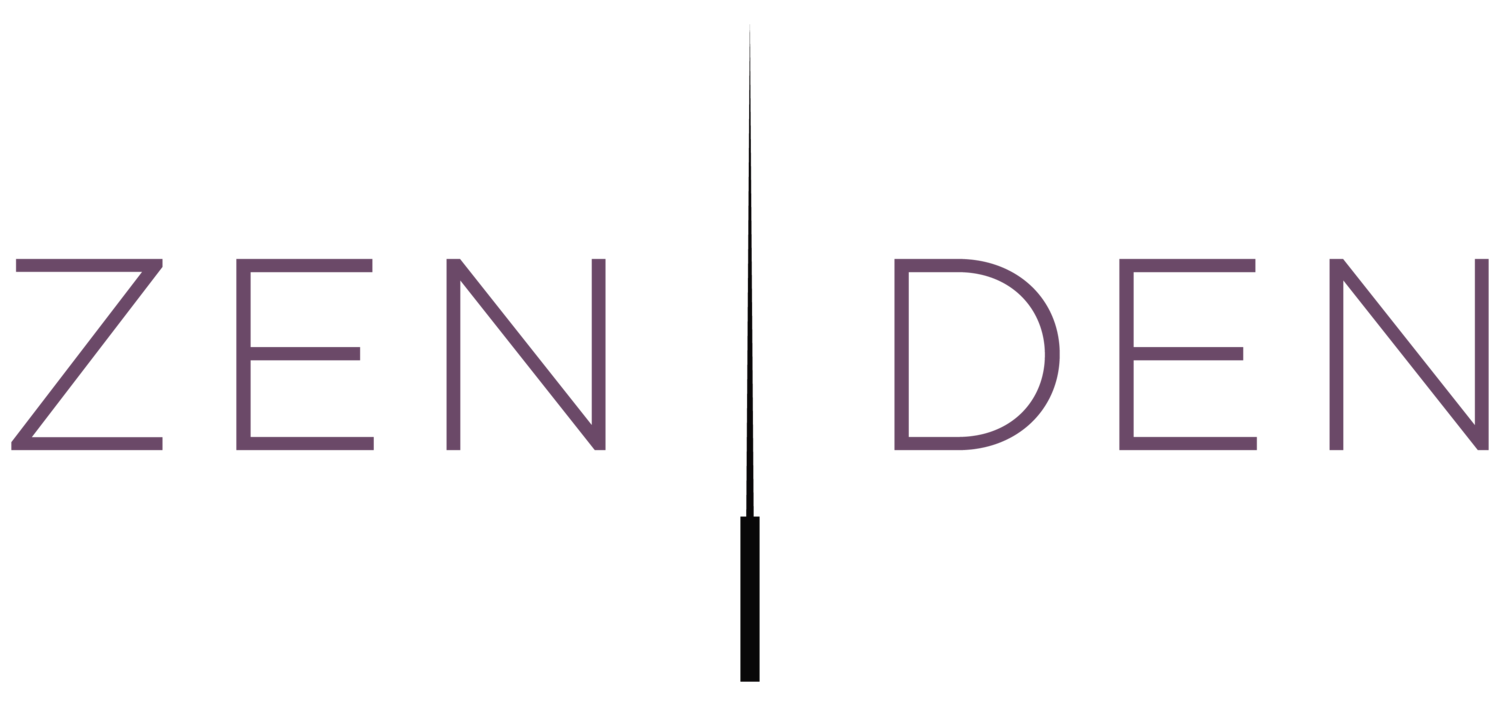At Zen Den, we believe healing is most powerful when therapies work together in harmony. Many of our patients experience transformative results when they combine acupuncture and massage therapy in the same session or treatment plan.
What makes Zen Den unique is that Dr. Michelle is both a Doctor of Chinese Medicine and a licensed massage therapist. This rare combination allows her to seamlessly integrate acupuncture with massage, creating sessions that are deeply restorative, highly effective, and truly one-of-a-kind.
Whether you’re seeking stress relief, natural pain management, or deep relaxation, pairing acupuncture and massage can amplify the benefits of each therapy — helping you feel balanced, renewed, and restored inside and out.
Why Acupuncture and Massage Work So Well Together
Both acupuncture and massage promote healing — but they work in slightly different ways.
Acupuncture stimulates specific points on the body to restore balance in the nervous system, improve circulation, and reduce inflammation.
Massage therapy works directly on the muscles and connective tissue to release tension, improve mobility, and increase blood flow.
Together, they create a synergistic effect: acupuncture balances the body’s internal energy, while massage relaxes and nourishes the muscles and tissues.
Benefits of Acupuncture + Massage Combination
1. Enhanced Stress Relief
Acupuncture calms the nervous system by regulating stress hormones, while massage lowers muscle tension and promotes relaxation. This combination leaves you feeling both mentally calm and physically relaxed — perfect for today’s busy, high-stress lifestyles.
2. Faster Pain Reduction
For conditions like back pain, neck tension, migraines, or sports injuries, acupuncture reduces inflammation and improves energy flow while massage loosens tight muscles and improves circulation. Patients often report longer-lasting pain relief when treatments are combined.
3. Improved Circulation and Healing
Acupuncture improves blood and Qi flow throughout the body, while massage increases local circulation in sore or tight areas. Together, they accelerate your body’s natural healing process.
4. Better Sleep and Mood
By reducing stress, balancing the nervous system, and relaxing the body, acupuncture and massage help regulate sleep patterns and improve mood. Many patients report sleeping better after just one combo session.
5. Holistic Support for Chronic Conditions
For patients managing issues like anxiety, digestive concerns, hormonal imbalance, or chronic pain, combining acupuncture and massage provides both energetic balance and muscular support.
Who Can Benefit From Acupuncture + Massage?
Athletes looking to speed recovery and prevent injuries.
Busy professionals struggling with stress and tension.
Anyone with chronic pain or tight muscles.
Those seeking deep relaxation and improved sleep.
Experience the Zen Den Difference in San Luis Obispo
At Zen Den, our practitioners are trained to create customized treatment plans that combine community or private acupuncture with therapeutic massage. This integrative approach allows us to address both the root cause of imbalance and the physical symptoms — giving you faster, more lasting results.
If you’re searching for acupuncture and massage therapy in San Luis Obispo, we invite you to experience the synergy for yourself.
Book your acupuncture + massage combo session today and discover the powerful benefits of healing from the inside out.











